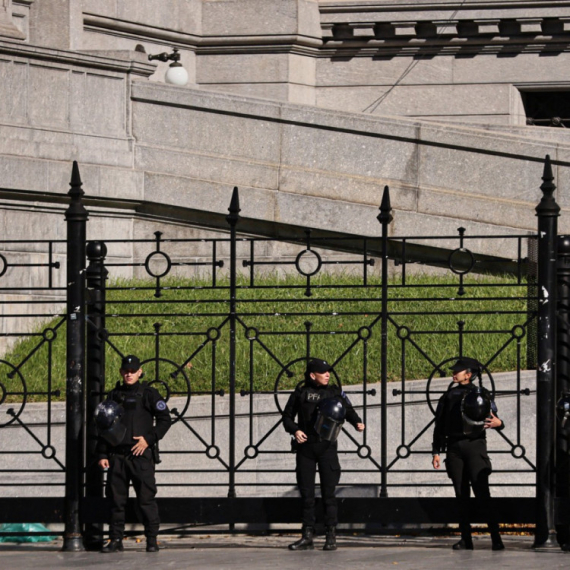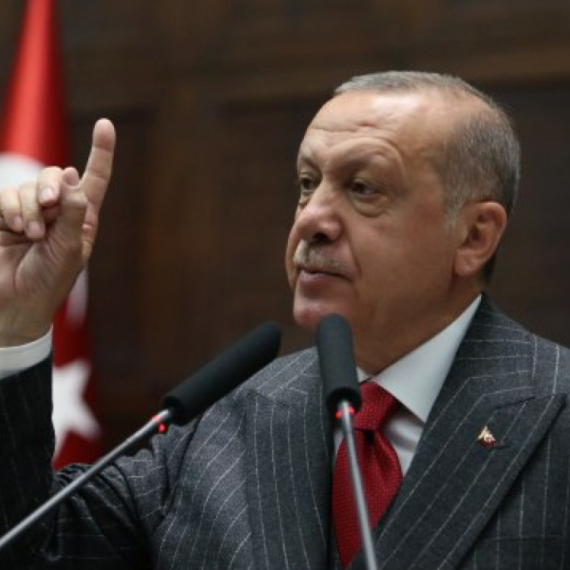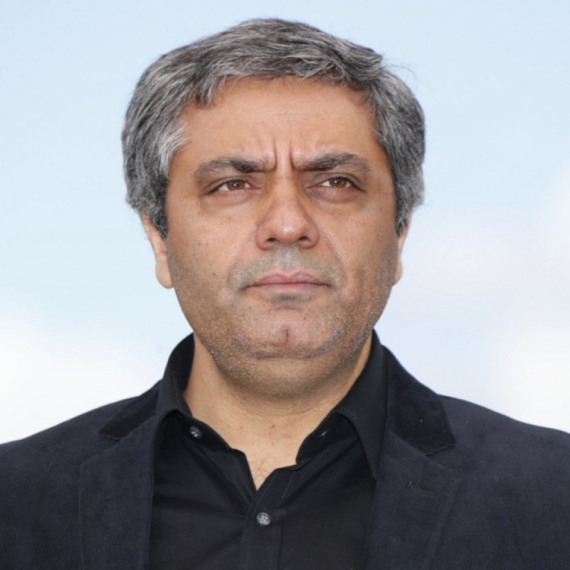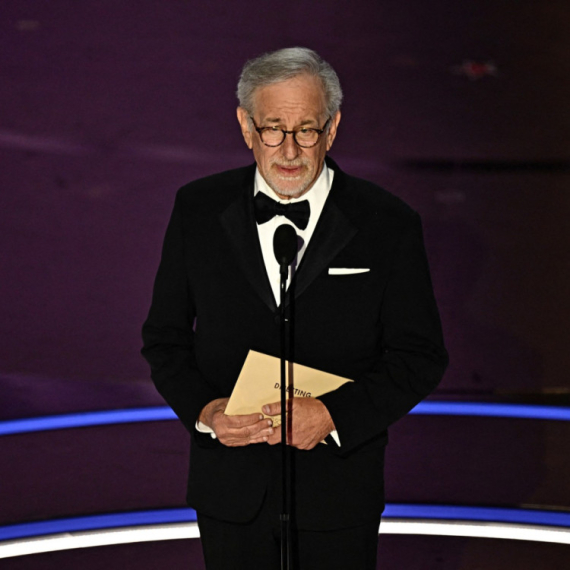Chinese press: Throwback to Mao
China's readers were given a taste of the Mao era, when at least five state newspapers published nearly identical front pages.
Tuesday, 21.08.2007.
12:01

China's readers were given a taste of the Mao era, when at least five state newspapers published nearly identical front pages. The front pages published over the weekend are seen as the latest sign of tightening control ahead of a Communist Party meeting. Chinese press: Throwback to Mao All led with a story about China's leaders directing a mining company to do everything possible to rescue miners trapped in a flooded shaft, carried the same picture of President Hu Jintao visiting Kazakhstan and a piece about China deepening cooperation with its neighbors, laid out identically. While many of China's state newspapers prioritize similar news, or publish identical headlines on sensitive stories, it is rare to see entire pages carrying not only the same news, but the same pictures, layout, headlines and text. "It's like going back 30 years!" laughed one Beijing journalism professor, who asked not to be named, referring to the Sunday front pages of the People's Daily, Economic Daily, Liberation Army Daily, Beijing Daily and Guangming Daily. China's leaders gather later this year for the five-yearly 17th Party Congress, at which leadership changes are expected. The sensitivity of the congress, combined with the country's opaque political culture, mean a tighter political atmosphere, from media to non-governmental organizations. "This is the most important political event in five years. They can't afford for anything to go wrong," said Xiao Qiang, a China media expert at the University of California at Berkeley. "They're instructing in much more detail and about many more news items—Xinhua only, Xinhua only, Xinhua only," he said, referring to directives to use only reports carried by the country's official news agency. "It also makes those editors at those papers think, 'the last thing I want to do at this stage is make any political mistake'." "Fake news" A Hong Kong-based rights group, the Information Centre for Human Rights and Democracy, said 12 radio shows in the eastern city of Nanjing had been closed down. Most of those were call-in and live programs, the group said, raising concerns that the public would use the shows to air sensitive political opinions ahead of the congress. In the last month the government has also intensified surveillance of AIDS activists and related non-governmental organizations, New York-based Human Rights Watch said, citing the cancellation of three separate meetings in three weeks. Analysts said the tightening environment was not solely about the Party Congress. International attention has been focused on Beijing all month due to the start of the one-year countdown to the 2008 Olympics, and the storm of criticism surrounding the safety of Chinese-made products and food has made the government particularly sensitive. A recent editorial in the People's Daily, the Communist Party mouthpiece, said tightened media controls were necessary because fake news reports were "endlessly emerging." "Some fake newspaper reports have fabricated political rumors and exaggerated corruption inside the party," it said. The government has launched a crackdown on "fake news", apparently to keep out negative reports. Analysts said editors were likely to remain cautious until the end of the Party Congress. "No one really knows yet who is going to move up and who is going to retire, so when the situation is unclear people feel it is better to be prudent," the journalism professor said. "It seems this is China's usual convention."
Chinese press: Throwback to Mao
All led with a story about China's leaders directing a mining company to do everything possible to rescue miners trapped in a flooded shaft, carried the same picture of President Hu Jintao visiting Kazakhstan and a piece about China deepening cooperation with its neighbors, laid out identically.While many of China's state newspapers prioritize similar news, or publish identical headlines on sensitive stories, it is rare to see entire pages carrying not only the same news, but the same pictures, layout, headlines and text.
"It's like going back 30 years!" laughed one Beijing journalism professor, who asked not to be named, referring to the Sunday front pages of the People's Daily, Economic Daily, Liberation Army Daily, Beijing Daily and Guangming Daily.
China's leaders gather later this year for the five-yearly 17th Party Congress, at which leadership changes are expected.
The sensitivity of the congress, combined with the country's opaque political culture, mean a tighter political atmosphere, from media to non-governmental organizations.
"This is the most important political event in five years. They can't afford for anything to go wrong," said Xiao Qiang, a China media expert at the University of California at Berkeley.
"They're instructing in much more detail and about many more news items—Xinhua only, Xinhua only, Xinhua only," he said, referring to directives to use only reports carried by the country's official news agency.
"It also makes those editors at those papers think, 'the last thing I want to do at this stage is make any political mistake'."
"Fake news"
A Hong Kong-based rights group, the Information Centre for Human Rights and Democracy, said 12 radio shows in the eastern city of Nanjing had been closed down.Most of those were call-in and live programs, the group said, raising concerns that the public would use the shows to air sensitive political opinions ahead of the congress.
In the last month the government has also intensified surveillance of AIDS activists and related non-governmental organizations, New York-based Human Rights Watch said, citing the cancellation of three separate meetings in three weeks.
Analysts said the tightening environment was not solely about the Party Congress.
International attention has been focused on Beijing all month due to the start of the one-year countdown to the 2008 Olympics, and the storm of criticism surrounding the safety of Chinese-made products and food has made the government particularly sensitive.
A recent editorial in the People's Daily, the Communist Party mouthpiece, said tightened media controls were necessary because fake news reports were "endlessly emerging."
"Some fake newspaper reports have fabricated political rumors and exaggerated corruption inside the party," it said.
The government has launched a crackdown on "fake news", apparently to keep out negative reports.
Analysts said editors were likely to remain cautious until the end of the Party Congress.
"No one really knows yet who is going to move up and who is going to retire, so when the situation is unclear people feel it is better to be prudent," the journalism professor said. "It seems this is China's usual convention."












































Komentari 0